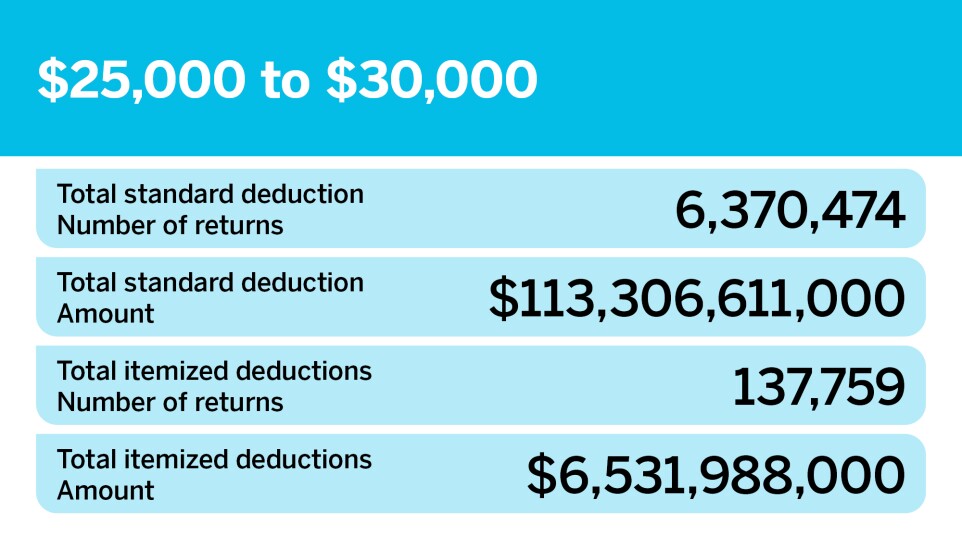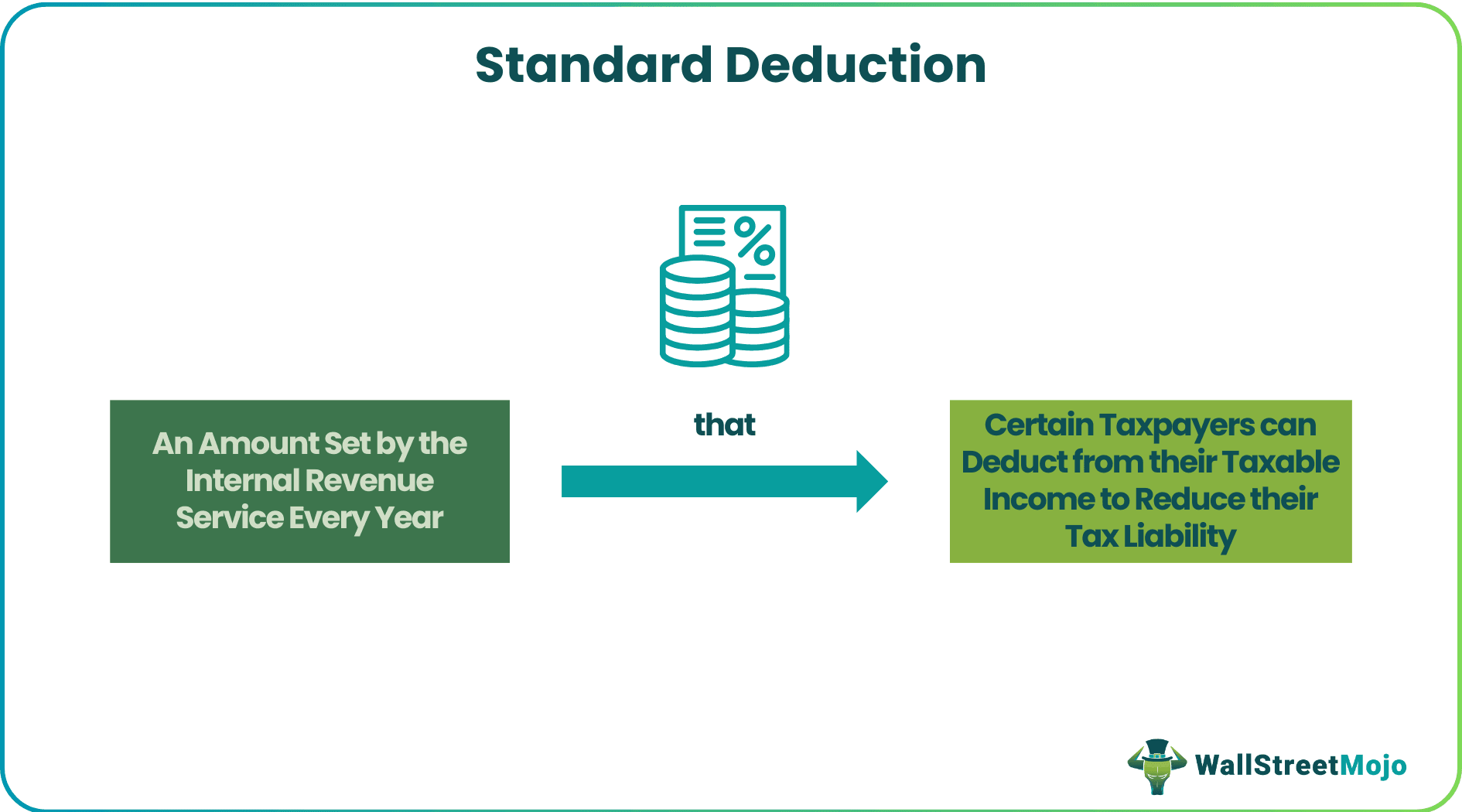The Foreign Earned Revenue Exclusion Explained: An Overview to Enhancing Your Conventional Reduction
The Foreign Earned Income Exclusion (FEIE) is an important tax obligation provision for united state people and resident aliens living abroad. It allows qualified migrants to exclude a considerable section of their foreign-earned income from federal tax obligations. Understanding the subtleties of FEIE can lead to significant tax cost savings. However, numerous individuals overlook essential information that can affect their eligibility and advantages. Checking out these facets may disclose possibilities for enhanced tax outcomes.
Comprehending the Foreign Earned Revenue Exemption
Many expatriates look for possibilities abroad, recognizing the Foreign Earned Earnings Exclusion (FEIE) is vital for managing their tax obligation commitments. This stipulation enables U.S. citizens and resident aliens living overseas to exclude a certain quantity of their earned revenue from government taxes. The FEIE was established to minimize the tax concern on people that stay outside the United States, recognizing the unique financial challenges they might deal with.

Eligibility Demands for FEIE

Exactly how to Declare the FEIE
To successfully declare the Foreign Earned Income Exclusion (FEIE), taxpayers have to initially verify their qualification based on certain requirements - FEIE Standard Deduction. The process includes a number of steps, including submitting the suitable forms and giving needed documentation. Comprehending these needs and procedures is necessary for taking full advantage of tax advantages while living abroad
Qualification Requirements
Eligibility for the Foreign Earned Revenue Exclusion (FEIE) depends upon meeting details criteria set by the internal revenue service. To certify, individuals should be U.S. residents or resident aliens that make revenue while working abroad. They need to develop a foreign tax obligation home, which means their major location of organization is outside the United States. Furthermore, applicants should meet either the Authentic House Test or the Physical Presence Test. The Authentic Residence Test calls for that a taxpayer stays in a foreign country for an entire tax year, while the Physical Existence Examination demands spending a minimum of 330 full days in an international nation during a 12-month period. Fulfilling these requirements is crucial for declaring the FEIE.
Declaring Process Actions
How can one properly browse the process of declaring the Foreign Earned Earnings Exemption (FEIE)? Initially, people should identify their eligibility based on the physical presence test or the bona fide house test. As soon as validated, they should finish internal revenue service Kind 2555, which details international revenue and residency. This type needs to be affixed to their yearly tax return, commonly Type 1040. It is vital to properly report all international earned income and guarantee conformity with the internal revenue service standards. In addition, taxpayers must maintain correct documents, such as international tax returns and proof of residency. By following these steps, people can effectively claim the FEIE and possibly minimize their gross income considerably, boosting their overall economic setting.
Computing Your International Earned Revenue Exclusion
While many expatriates seek to optimize their financial advantages abroad, recognizing the calculation of the Foreign Earned Earnings Exclusion is vital for accurate tax obligation reporting. The Foreign Earned Earnings Exemption enables qualifying people to leave out a certain quantity of their foreign earnings from U.S. taxes, which is changed every year for rising cost of living. To compute this exclusion, expatriates must identify their overall international made revenue, which typically consists of salaries, incomes, and specialist fees gained while residing in an international country.
Next, they must finish internal revenue service Type 2555, offering information regarding their foreign residency and job status. FEIE Standard Deduction. It is essential to meet either the authentic residence test or the physical visibility test to get approved for the exemption. Once these elements are developed, the optimum permitted exemption quantity is applied, lowering the person's gross income significantly. Precise estimations can lead to significant tax financial savings for expatriates living and functioning abroad
The Effect of FEIE on Other Tax Obligation Benefits
The Foreign Earned Earnings Exemption (FEIE) can affect a person's qualification for particular tax advantages, consisting of the conventional reduction. By excluding international gained revenue, taxpayers might discover their adjusted gross revenue influenced, which consequently can impact their certification for numerous tax obligation credits. Recognizing these communications is crucial for maximizing tax obligation results while living abroad.
Communication With Standard Deduction
When individuals get the Foreign Earned Revenue Exemption (FEIE), their qualification for the typical deduction may be affected, possibly modifying pop over to this site their overall tax responsibility. The FEIE permits taxpayers to exclude a certain amount of gained income from united state taxes, which can bring about a lowered gross income. As a result, if the excluded income surpasses the basic deduction, it can diminish the benefit of asserting that reduction. In addition, taxpayers that use the FEIE might locate that their capacity to detail reductions is additionally affected, as specific expenditures might be affected by the exclusion. Understanding this interaction is important for expatriates to maximize their tax advantages while ensuring compliance with united state tax obligation regulations
Qualification for Tax Obligation Credit Scores
Steering via the intricacies of tax credit histories can be challenging for migrants, specifically since the Foreign Earned Earnings Exemption (FEIE) can considerably impact eligibility for these advantages. The FEIE enables qualified people to exclude a substantial part of their foreign incomes from U.S. taxes, however this exclusion can additionally influence access to different tax credit scores. For example, taxpayers who make use of the FEIE might discover themselves disqualified for credit reports like the Earned Revenue Tax Credit Rating (EITC), as these credits typically call for taxable revenue. Additionally, the exemption might restrict the ability to assert specific deductions or credit ratings related to dependents. Comprehending the interplay between the FEIE and readily available tax credits is crucial for migrants aiming to enhance their tax obligation scenario.

Usual Mistakes to Avoid When Declaring FEIE
Typically, expatriates encounter numerous mistakes while asserting the Foreign Earned Income Exclusion (FEIE), which can bring about expensive mistakes or missed opportunities. One regular error is failing to meet the physical existence or authentic house test, which is necessary for qualification. Additionally, expatriates commonly overlook the need to submit Form 2555 correctly, resulting in incomplete or unreliable submissions.
An additional typical error entails incorrectly computing foreign made income, as numerous do not account for all appropriate revenue sources. Some migrants erroneously think they can leave out all their earnings, unaware of the constraints on the exclusion quantity. Furthermore, neglecting to maintain correct paperwork, such as traveling days and residency standing, can jeopardize a claim. Misunderstanding the ramifications of the FEIE on various other tax credit scores might lead to unintentional tax obligation responsibilities. Understanding of these mistakes can promote a smoother declaring procedure and make why not try here the most of potential benefits.
Resources for Expats Navigating United State Taxes
Navigating U.S. tax obligations can be testing for expatriates, especially after experiencing challenges in claiming the Foreign Earned Income Exemption (FEIE) To help browse these intricacies, a range of resources are offered. The internal revenue service website offers extensive details on tax obligation guidelines, frequently asked questions, and forms especially tailored for migrants. In addition, companies like the American People Abroad (ACA) and the Deportee Tax Professionals offer support and support to ensure conformity with tax obligation regulations.
On the internet online forums and communities, such as the Expat Online forum, enable migrants to share experiences and insights, promoting a supportive atmosphere for those dealing with comparable obstacles. Tax obligation prep work this page software application, like copyright and H&R Block, commonly consists of functions created for deportees, making the filing procedure much more straightforward. Involving with these sources can equip expatriates to better recognize their tax obligation responsibilities and take full advantage of benefits like the FEIE.
Regularly Asked Inquiries
Can I Assert FEIE if I'M Self-Employed Abroad?
Yes, freelance people abroad can claim the Foreign Earned Income Exclusion (FEIE) To qualify, they must meet particular demands concerning residency and revenue, guaranteeing they comply with internal revenue service standards for migrants.

Is the FEIE Applicable to Foreign Pensions?
The Foreign Earned Revenue Exemption (FEIE) is not applicable to foreign pension plans. Pensions are thought about unearned revenue and do not get the exclusion, which especially applies to gained revenue from employment or self-employment abroad.
What Occurs if I Go Back To the United State Mid-Year?
If a private returns to the united state mid-year, they may need to readjust their tax obligation situation. Their eligibility for sure deductions and exemptions, including the Foreign Earned Earnings Exemption, can be affected by their residency status.
Can FEIE Be Claimed With Various Other Reductions?
Yes, the Foreign Earned Earnings Exemption (FEIE) can be declared along with other reductions. Nevertheless, care should be taken to ensure appropriate conformity with tax policies, as particular restrictions might use based on private scenarios.
Just How Does FEIE Influence State Tax Obligation Commitments?
The Foreign Earned Revenue Exclusion can decrease a taxpayer's federal income tax obligation obligation, yet it does not automatically influence state tax commitments, which differ by state and may still require coverage of foreign revenue.
Several migrants look for possibilities abroad, comprehending the Foreign Earned Income Exemption (FEIE) is crucial for managing their tax commitments. By excluding international gained earnings, taxpayers may find their adjusted gross earnings influenced, which in turn can influence their qualification for different tax obligation credit histories. Guiding with the complexities of tax obligation credit histories can be challenging for expatriates, particularly given that the Foreign Earned Revenue Exemption (FEIE) can significantly influence eligibility for these advantages. Taxpayers that utilize the FEIE might discover themselves disqualified for credit scores like the Earned Income Tax Obligation Debt (EITC), as these debts generally call for taxable earnings. Navigating U.S. tax responsibilities can be challenging for migrants, especially after encountering pitfalls in asserting the Foreign Earned Revenue Exclusion (FEIE)